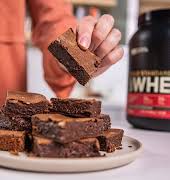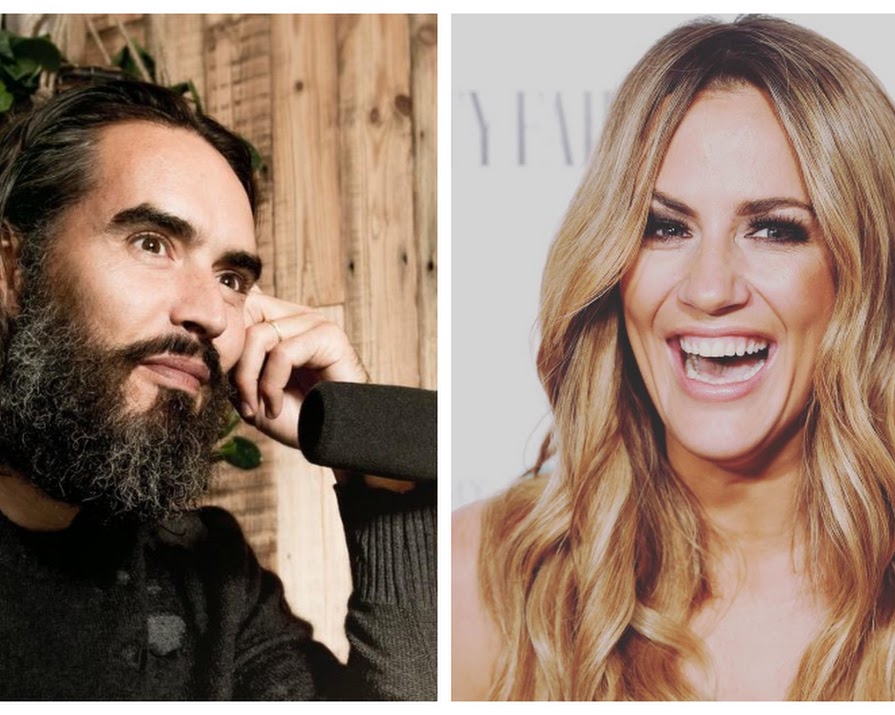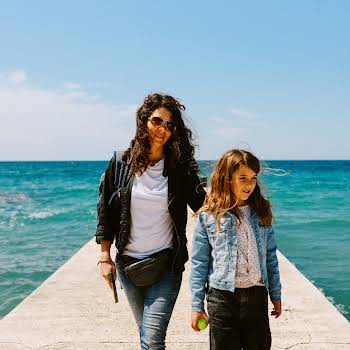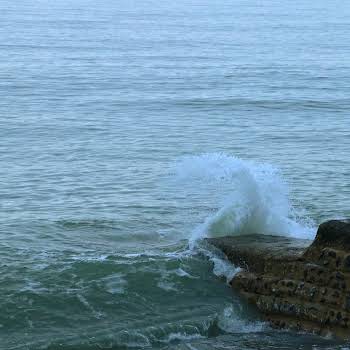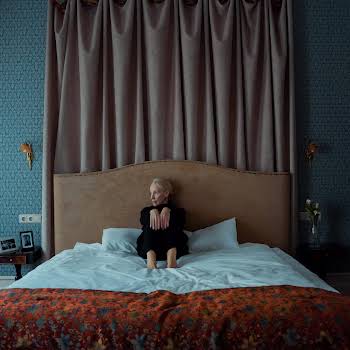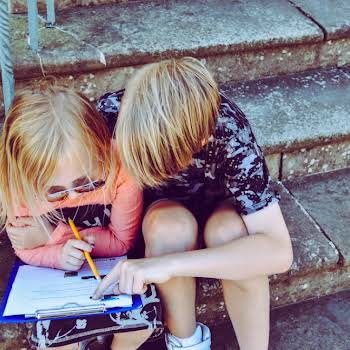By Grace McGettigan
18th Feb 2020
18th Feb 2020
Russell Brand has penned an essay following the death of Caroline Flack, in which he sheds a light on suicide and the measures people can take to ensure others don’t face the same fate
Author and comedian Russell Brand is one of many celebrities to pen down his thoughts following the death of TV presenter Caroline Flack.
Caroline, who was well-known for hosting the X Factor and Love Island on ITV, took her own life on Saturday, February 15. The 40-year-old had been subjected to increased media scrutiny over recent months, particularly following her arrest for the alleged assault on her boyfriend Lewis Burton. She was still awaiting trial for the assault charge when she died.
In an essay shared on his website, Russell Brand touched on the issue of celebrity’ suicide, as well as the “complex machines” of the media and social media. He also shared his thoughts on the steps people can take to ensure others don’t face the same fate Caroline did.
Read his essay, entitled ‘Caroline Flack’, in full below:
Caroline Flack
“The line then that separates people who kill themselves and people that don’t is vague and uncertain, it is a line within each of us, not between us.”
I recently performed a monologue, a ‘verbatim piece’ made up of extracts of the last written words of people who had taken their own lives. I was grateful to the surviving family members for allowing me such intimate access to such a painful and personal artefact. There is so much shame around suicide, so much shame and so much pain. The writing itself; some in the form of emails, some blogs, some old fashioned notes, provided a blurred portal into the mind of the person that would go on to take their own life. I sensed a familiar resonance throughout these varied pieces, a common tune in the expression of these distinct people; it was ‘ordinariness’. The ordinariness of the thoughts, feelings and events that led them to make the ultimate act of self-sacrifice.
‘I don’t feel good enough’, ‘I’m lonely’, ‘I’m worthless’, ‘I’m scared I’m in too much debt’, ‘I’m scared I’ve hurt too many people’, ‘I am unlovable’. Normal feelings that I’ve felt many times, that I suspect we all feel at times. The line then that separates people who kill themselves and people that don’t is vague and uncertain, it is a line within each of us, not between us. We just don’t know who will or who won’t be pushed to a point of such inward pain and desperation that the dreadful certainty of suicide and the despair it inflicts on those left behind are insufficient deterrents.
I am angry and sad that Caroline Flack found herself in that place. I am sad because she was a lovely little person, a real laugh, a dynamo and the idea that she had been so drained of hope by her circumstances chokes me. I am angry because I have watched this play out before with vulnerable people in the public eye and I would like to slay with some righteous sword the salacious, foaming, incessant poking, trolling judgment that chased her to the grave. The way it did with Jade Goodie, the way it did with Amy Winehouse. I know there is no single ‘media’ or ‘social media’ I know they are complex machines that comprise, by their nature, millions of participants. But our systems operate in accordance with values and the way these values are set and the consequences of these values are obviously in serious need of reevaluation. I have resigned from fame because it brought out the worst in me, vanity, insecurity, jealousy, competitiveness. Most people I’ve spoken to have comparable experiences, it’s hard to endure what celebrity does to your mental health without a robust constitution or strong countermeasures to ground and protect you.
There is little to be gained from allocating blame now that Caroline is dead. Her vulnerability was obvious when the CPS pursued her case and when she took another turn in the barrel with the media and social media. I’ve seen that there are petitions to regulate the press and I admire the optimism of the enterprise. But the media is made up of people, the world of celebrity is made up of people, social media is made up of people. All culture, all values pass through the consciousness of individuals and collectives. If we want the world to change, for less people to die in pain and shame then we should pause before we next vent a pleasurable stab of vindictive judgment or jeering condemnation. Social media is a network of connections. We can use those connections to convey love and support and kindness, all ideas that can be rationally understood as expressions of our unity.
While we are unique and different, beautiful in our vast and distinct identities – and all identities can be honoured, we are all capable of kindness, we are all capable of redemption, we are all worthy of love. Whenever we speak and act and relate we emanate intent through the invisible threads that connect us. Communication is the creation of community, what kind of communities are we creating? Caroline was surrounded by friends and families that loved her, that love her still through a shattered lens of anguish, and that love could not incubate her or protect her from the pain and shame that ended her life. We have the power to hurt one another and the power to heal one another, perhaps that’s the only power we have. We can never see the positive impact of our actions, the times when our kindness and compassion may have saved a life but we can see what happens in its absence. As long as our public values continue to be an expression of lower human instincts none of us is exempt from the pain and shame that closed in on the bright and playful light that used to shine from Caroline. Our best hope is to build relationships and communities based on kindness, forgiveness and compassion, not easy values to maintain given the complexity within us and without us but Caroline’s death shows us that the alternative is just too sad to bear.
If you have been affected by this story, free-phone Samaritans’ 24-hour hotline on 116 123, or email jo@samaritans.ie.
Feature photo: Russell Brand, Caroline Flack via Instagram
Read more: Caroline’s Law: Petition calls for law change to protect those in the public eye
Read more: Online harassment and trolling: how to handle cyber-bullying as an adult
Read more: Suicide loss: ‘This year I will set one less place at the Christmas dinner table’



